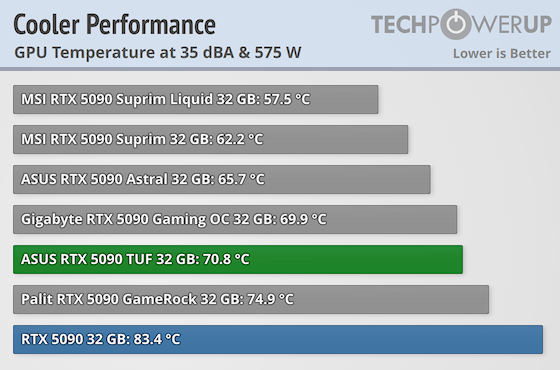The only meaningful differences in terms of the hardware you pursue is they tend to prize CPUs with the higher core counts, and often a higher volume of RAM. GPUs are rarely leveraged for this stuff, although maybe that's changing with the A.I. rush, you'd have to check to see if whatever new SQL stuff he is using leverages that.
These days this amounts to practically no difference. Because unlike years ago the 16-core CPUs now can achieve the same per-thread performance as the 8-core or lesser variants that gamers have historically prized. So while most gamers will opt for the 9800X3D, for example, they do so from a cost-benefit analysis; because the 9950X3D is much more expensive, but adds nothing, not because it is inferior for gaming. In years past, those 16-core CPUs would have been significantly worse in games (even when they had a mode to shut off half the cores).
It's possible he might even benefit from actual server CPUs. That is the Epyc line from AMD (Turin or Turin Dense are the current line), or the Xeon line from Intel (Xeon 6 is current). But those are very specialized, and usually if someone is compiling code, then they'll want the higher frequency CPUs from the more mainstream Zen 5 or Raptor Lake processors.
For RAM, you will want the fastest, but often they'll max out the motherboards if they work with large enough datasets it actually can fill up that many gigabytes.
If he can leverage A.I. cores in the latest GPUs then he'll almost undoubtedly want an NVIDIA GPU, and probably them being newer will matter more to him than even gamers.



